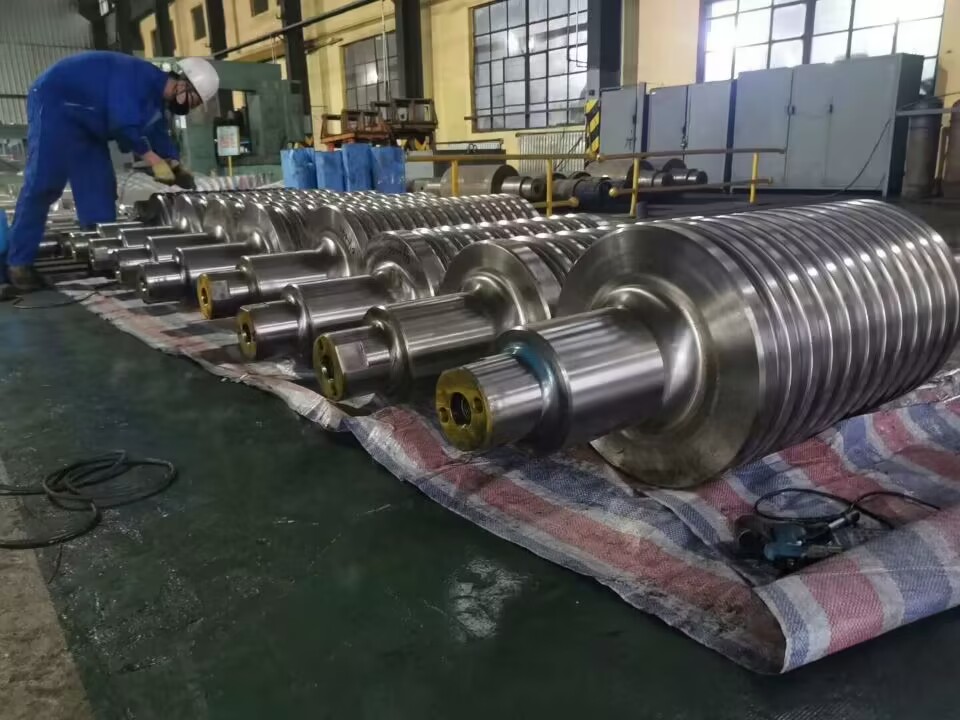In manufacturing, there are countless tools and machinery that play a vital role in ensuring the smooth operation and production of various products. One of the unsung heroes of metalworking is the “roller mill.” Although often overlooked, these rollers are an important component in transforming raw materials into various shapes and forms. In this blog, we will delve into the intricacies of rolling mill rolls, elucidating their importance and the vital role they play in Roller manufacturer.
Rollers are the core components of rolling mills and are widely used in the metal processing industry. These milling machines involve the process of reducing the thickness and changing the shape of a sheet of metal or other material. The main purpose of HSS rolls is to apply pressure and force to the metal, promoting deformation and achieving the desired output. The success and accuracy of the rolling process largely depends on the quality and characteristics of these rolls.
Rolling mills use various types of rolls for Rolling Mills to meet different requirements and materials. Some common examples include work rolls, backup rolls, drive rolls, and take-up rolls. Each roll type has its own specifications, such as size, diameter, material composition and surface finish, depending on their specific use in the rolling mill.
The rolls of the rolling mill undergo strict manufacturing processes to ensure their durability and adaptability to harsh working conditions. From material selection to heat treatment, the production process is carefully executed to ensure the strength and reliability of the rolls. By using advanced technologies and materials, manufacturers strive to improve the wear resistance and service life of rolls and reduce rolling mill maintenance costs and downtime.
Proper care and maintenance of rolling mill rolls is essential to ensure their longevity and optimal performance. Regular inspections and timely maintenance can help identify any potential problems, such as wear, cracks or uneven surfaces on the rollers. In addition, rolls should be replaced when they reach the end of their service life to maintain the efficiency and quality of the rolling process.
Most people may overlook the rolls of a rolling mill, but their importance in manufacturing cannot be underestimated. As an integral component of rolling mills, these rolls facilitate the seamless processing of a variety of materials, enabling the production of countless products we use every day. Recognizing their importance and ensuring they are properly maintained is critical to improving productivity, efficiency and overall output quality in the metalworking industry.
Post time: Apr-09-2024
